Rock music was rapidly changing in 1987. Def Leppard brought pop metal to its zenith with Hysteria, which also foreshadowed the direction of country music in the 90s. The Smiths had broken up before Morrissey and Johnny Marr released their final work together on Strangeways, Here We Come. And Aerosmith joined the pop metal craze with Permanent Vacation.
Videos by American Songwriter
Meanwhile, another Boston band called Pixies released Come On Pilgrim. The eight tracks on Come On Pilgrim would further shift rock music a few years after reaching the ears of Kurt Cobain on the other side of the country. But before then, the albums here changed rock history, and some of these changes, like the ones above, have roots in the same tree.
Guns N’ Roses: Appetite For Destruction
The opening notes to “Welcome To The Jungle” introduce a game-changing rock album. It wasn’t long before you had the sense that Guns N’ Roses weren’t play-acting as street kids. Appetite For Destruction is loud, unhinged, boorish, and timeless. It’s still one of the greatest rock debuts in history. In a single album, Slash became the most iconic guitarist since Eddie Van Halen. “Sweet Child O’ Mine” probably sent as many kids to the guitar shop as “Eruption” did in 1978.
U2: The Joshua Tree
Great albums usually have great openings. “Where The Streets Have No Name” announces U2’s masterpiece with gushing echoes from The Edge’s guitar, building in anticipation of something grand. A hymn, a revelation, catharsis, maybe all of it. Bono once told Jon Meacham that he believes in the “absurd.” You cannot achieve something as blissful as The Joshua Tree without absurd ambition and self-possession. This album is stacked with classics: “With Or Without You”, “I Still Haven’t Found What I’m Looking For”, and “Bullet The Blue Sky” to name a few. Any band since 1987 aiming for cathedral exaltation through four chords and chiming guitar notes is forever indebted to U2.
The Cure: Kiss Me, Kiss Me, Kiss Me
“Just Like Heaven” finally broke The Cure in the United States. Though Robert Smith’s voice and sad songs were new to many Americans, Kiss Me, Kiss Me, Kiss Me was The Cure’s seventh studio album. But it also marked the end of a chapter for Smith’s band. In 1989, The Cure followed with Disintegration, on which Smith crafted an epic masterpiece while exploring the depths of his despair. Still, Kiss Me, Kiss Me, Kiss Me and its many moods inspired teenagers to dress like him and shape an entire existence out of “Catch”, “Why Can’t I Be You?”, “Shiver And Shake”, and the rest of the collection.
R.E.M.: Document
Document begins R.E.M.’s decade-long run of albums with producer Scott Litt. The Athens band was already beloved by fans who first discovered them on college radio. But “The One I Love” helped bend rock history in the direction of indie bands like Pixies, who later pushed the culture toward Nirvana. On “It’s The End Of The World As We Know It (And I Feel Fine)”, Michael Stipe embeds global chaos in a jangly earworm. From its first track, “Finest Worksong”, through its brisk 40 minutes, Document established R.E.M. as one of America’s greatest rock bands. But you wouldn’t be wrong to delete “one of” from the previous sentence and change “bands” to its singular form.
Photo by Rick Diamond/WireImage



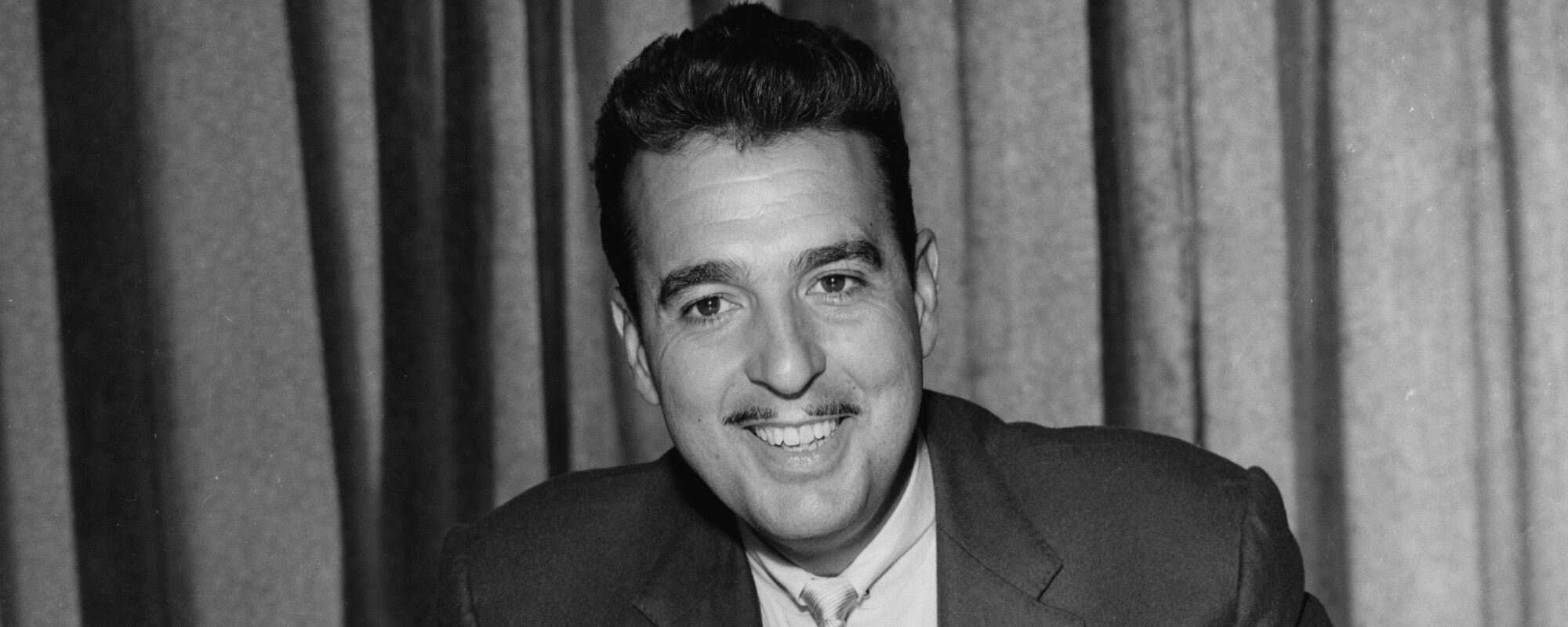

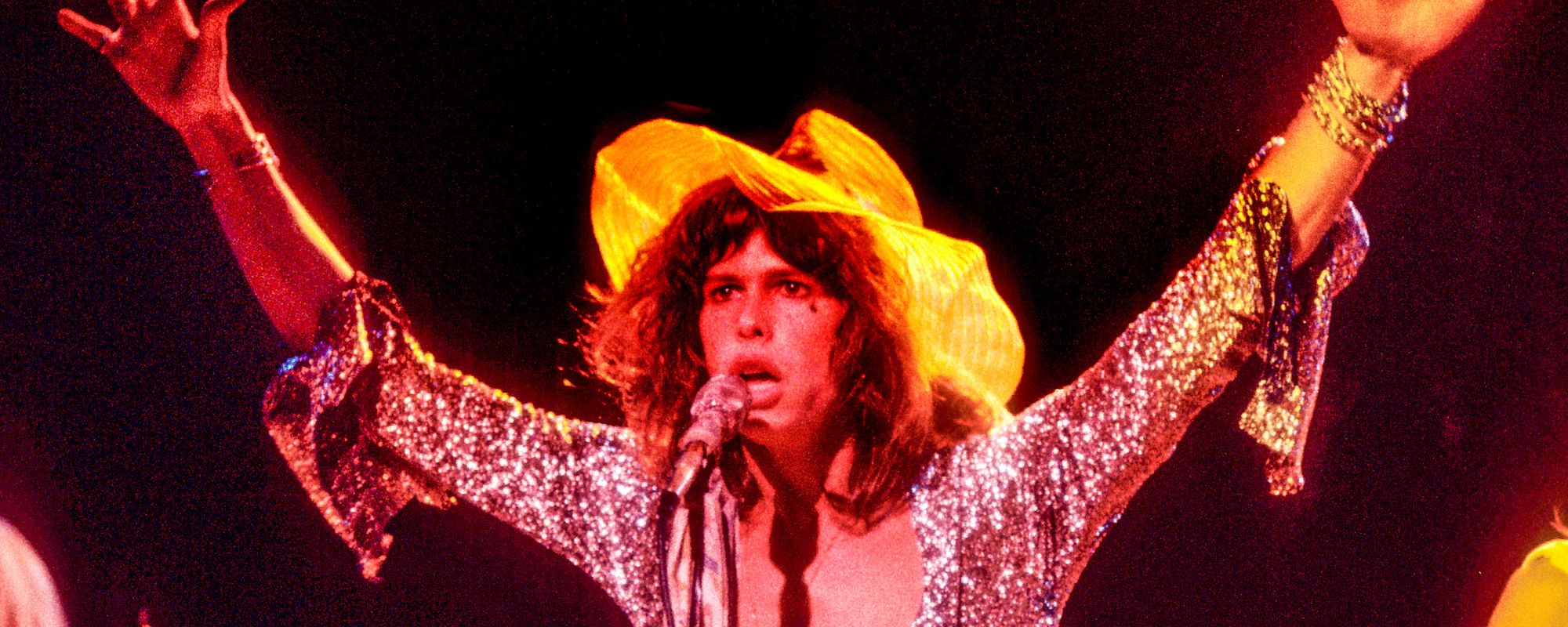
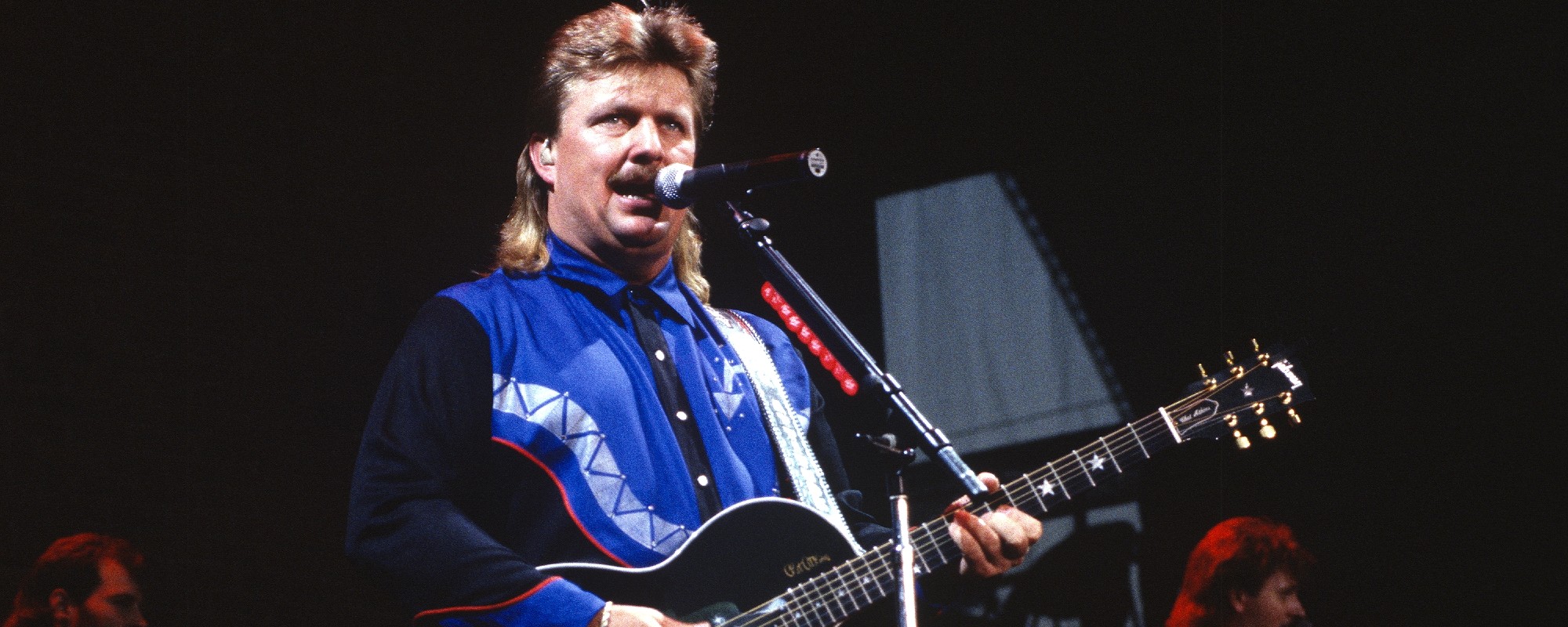
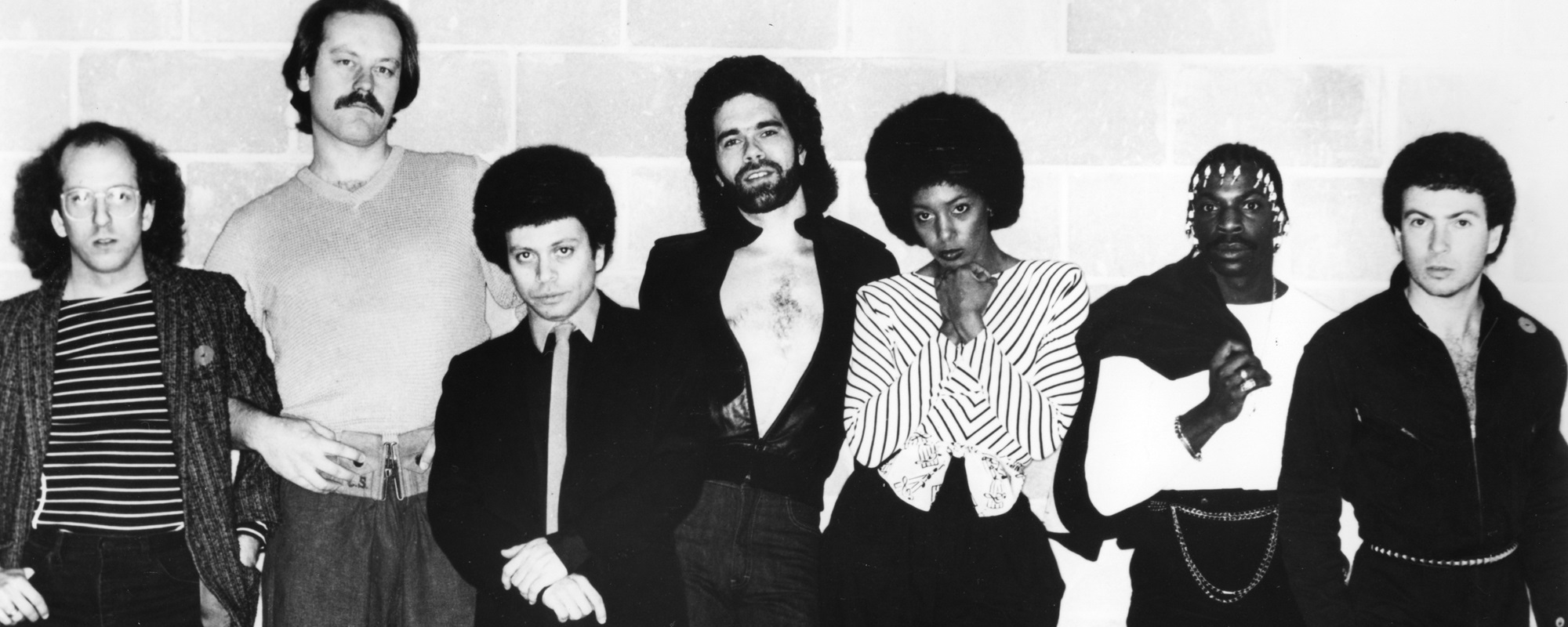
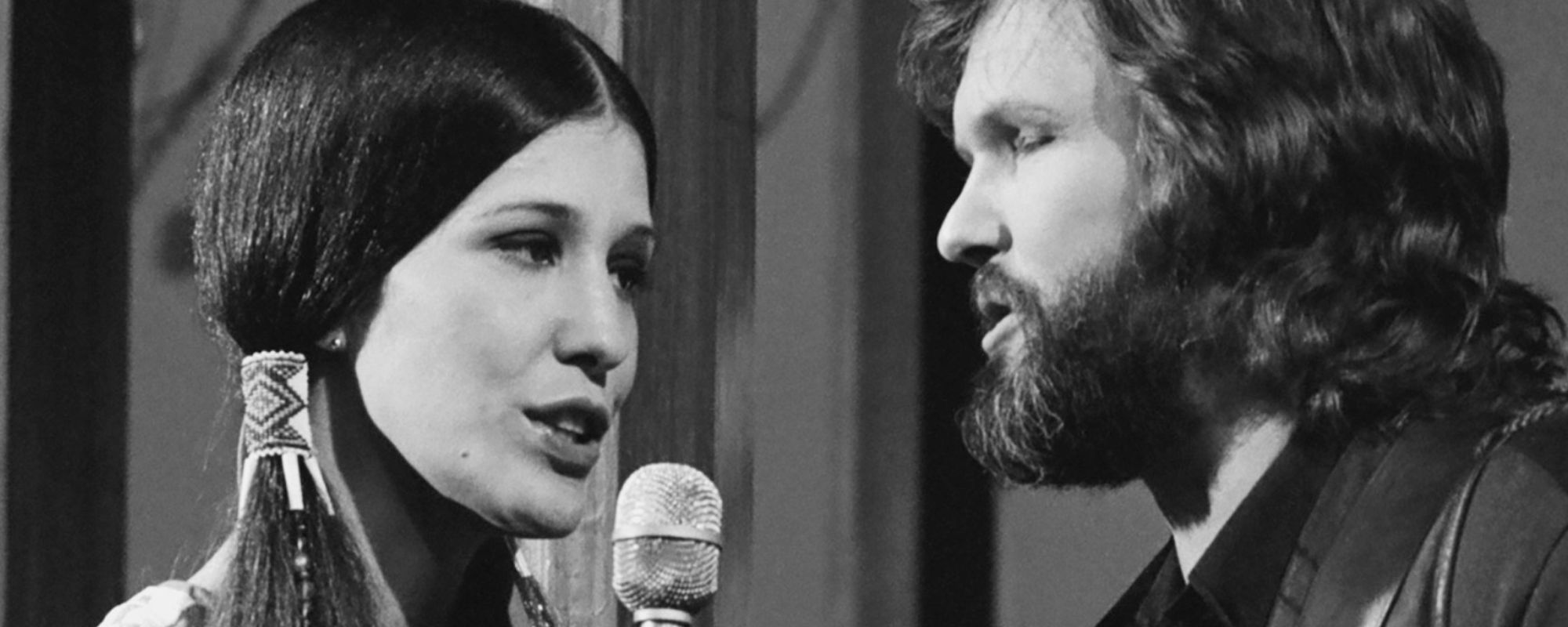


Leave a Reply
Only members can comment. Become a member. Already a member? Log in.